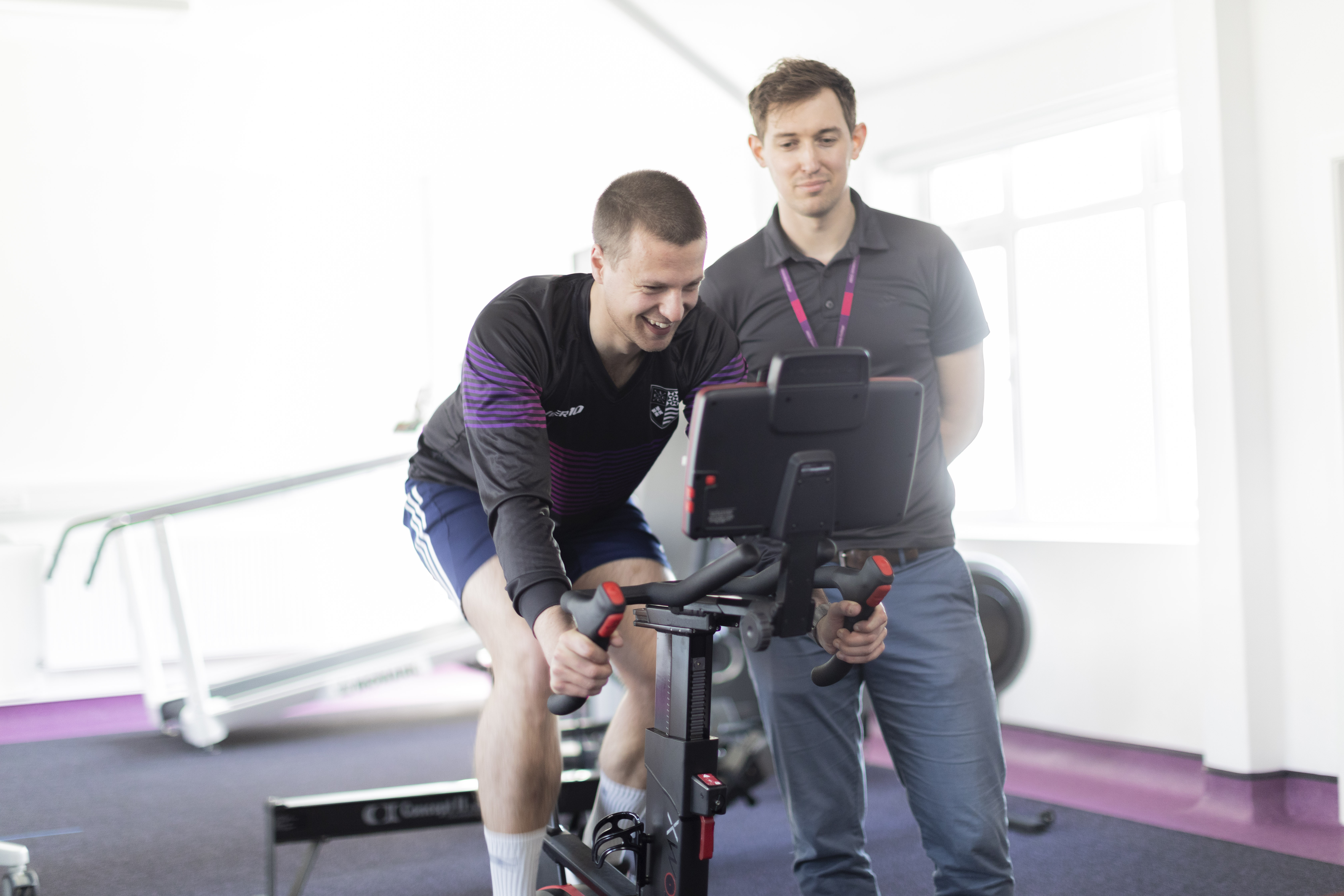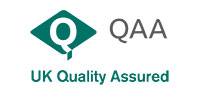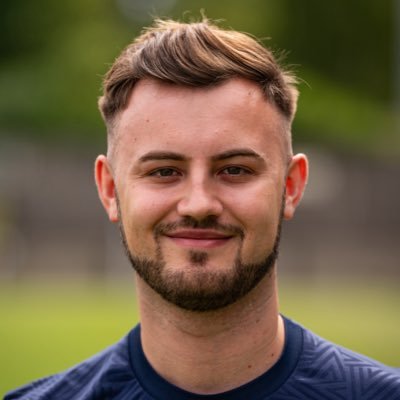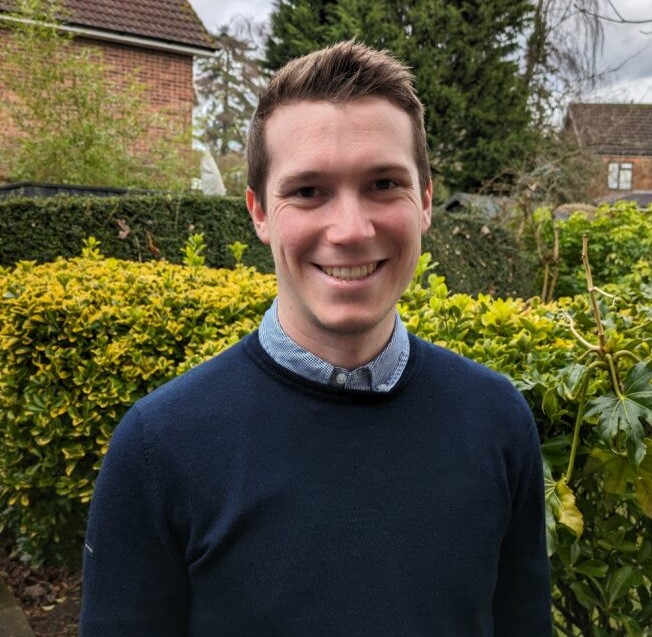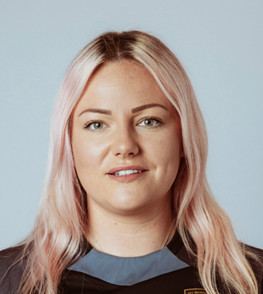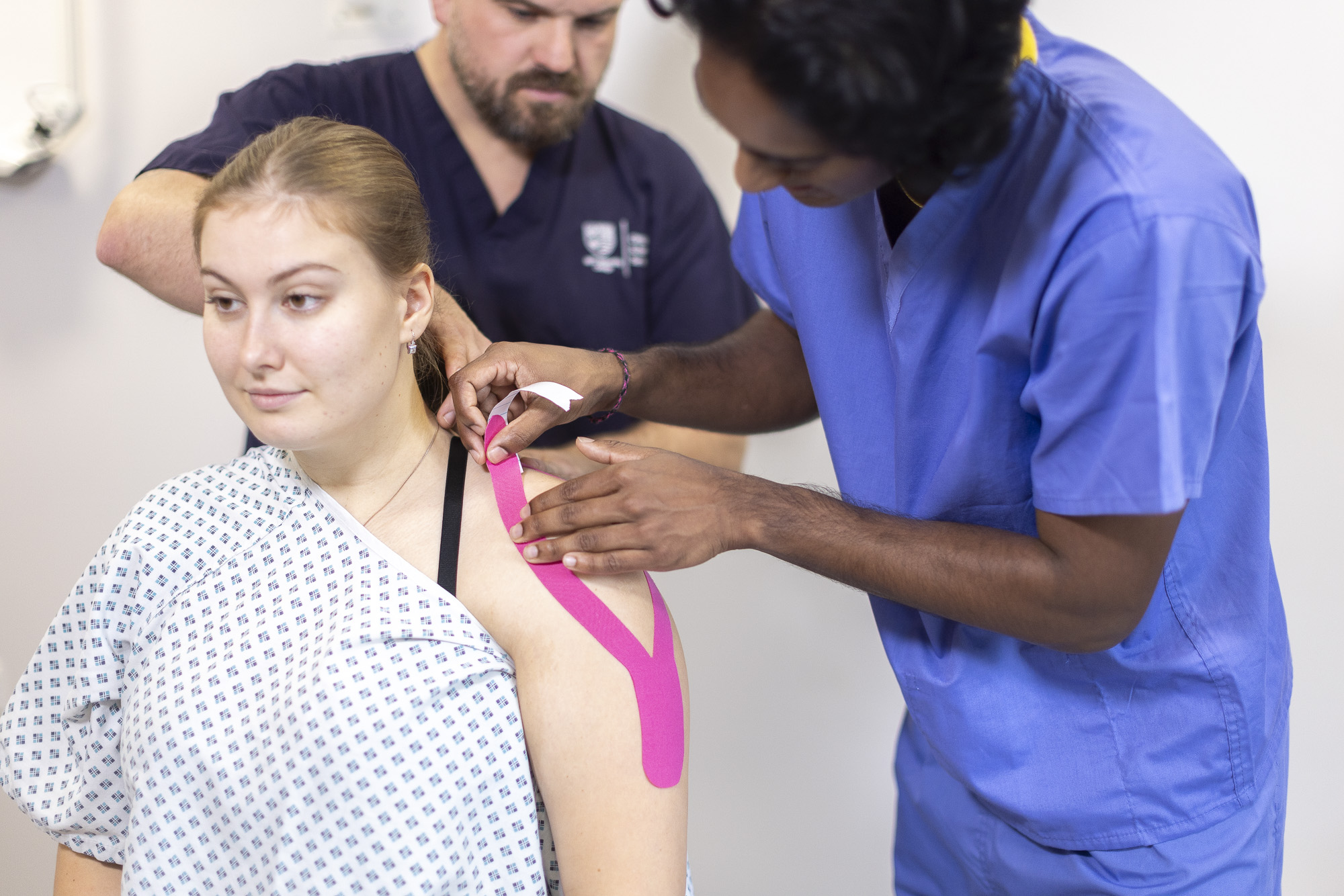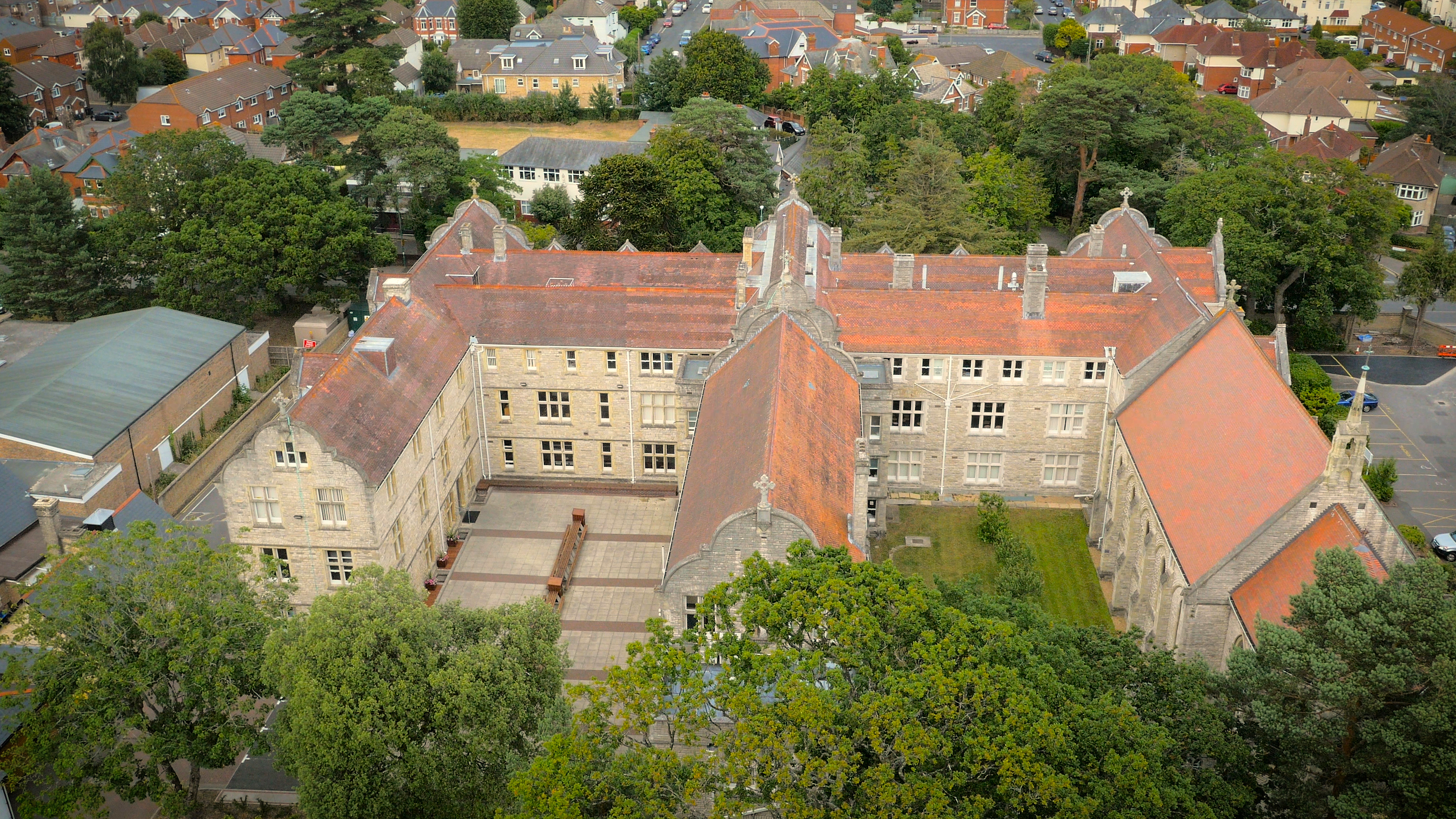Overview
This sport and exercise science course will give you the broad scientific knowledge you need from key disciplines such as physiology, biomechanics, and psychology. You’ll learn the theory and also engage in practical applications, working on your critical and analytical skills to understand and create impactful research that supports professional practice.
Communication is a vital focus, and you’ll develop your abilities in written, interpersonal, and presentational methods, ensuring you can express your ideas confidently. You’ll also acquire essential graduate skills, such as debating, independent and collaborative planning, goal setting, self-management, self-reflection, and proficiency in communication and information technology.
With hands-on experience through laboratory sessions, classroom activities, and optional placements, you’ll build practical skills that prepare you to thrive in multidisciplinary teams. By the end of the course, you’ll be well-equipped with both theoretical knowledge and applied skills, ready to excel in this rapidly evolving field.
You also have the option to take this course as a four-year sandwich programme, which includes a year of practical work experience alongside your academic study. Degree-related work placements, such as with a sports team, research setting, or exercise service, enable students to gain valuable experience.
This course is endorsed by the British Association of Sport and Exercise Science (BASES). The course has been designed to meet their requirements.
Please Note: Students now have the opportunity to do a year long placement in industry during the third year as part of a four year course.
Course Details
So, what are the specifics of the course? The BSc (Hons) Sport and Exercise Science degree is built around a core of biomechanical, physiological, and psychological knowledge that is then applied in a diverse range of domains, including injury rehabilitation, paediatric (children and young people) populations, sports performance, and prescribing and promoting exercise. You’ll develop practical and critical thinking skills that will be crucial to your future career opportunity, increasing your efficiency in teamwork, communication, presentation, and analysis.
Our course promotes an independent learning culture and provides you with a challenging but supportive learning experience, combining both theory and practice. To support this learning style, a number of specific delivery approaches will be used including: lectures, seminars, tutorials, practical classes, workshops, fieldwork, and guided independent study.
For more information see our Course Specifications.
You’ll be assessed through a combination of:
- Portfolios
- Blog posts
- Group presentations
- Laboratory reports
- Debates
- Personal development plans
- Reflective essays
- Case-based learning
- Written dissertation
With access to our expert teaching staff and state-of-the-art facilities, you will learn and be assessed in a variety of innovative and comprehensive methods. We balance the course with developmental and judgemental learning to promote a deeper learning, giving you a greater opportunity to maximise your potential. We welcome your application if you are passionate about applied science and making a difference to the health of our population.
Need more info about, learning aims and outcomes, curriculum content, teaching methods and assessment, credits per unit? Take a look at our Course Specification to find out more.
Careers and Opportunities
Graduates of this course may wish to go directly into employment in a range of sectors such as exercise specialists within the NHS or private health care, or work in the sports environment as a Sport Scientist. Many roles will require further study to MSc level and this course will allow students the gateway onto a wide variety of related MSc courses such as Sport Rehabilitation, Sports Medicine, Sports Psychology, Strength and Conditioning, Advanced Physiology, Physiotherapy etc.
Unit Breakdown
Year 1 
Units
- Introduction to Research Methods
- Sport and Exercise Science in Practice
- Multidisciplinary Approaches in Elite Sport
- Anatomy and Physiology
- Kinesiology
- Psychology of Exercise
Year 2 
Units
- Research methods
- Contemporary Issues in Sport and Exercise Science
- Physiology of Sport and Exercise
- Biomechanics and Skill Acquisition
- Psychology of Sport and Performance
- Case based learning in a sport and exercise domain
Year 3 / Year 4 
Units
- Dissertation
- Professional Development
- Perspectives in Sport and Exercise Science (theory)
- Perspectives in Sport and Exercise Science (applied)
- Health Through the Lifespan
You also have the option to take this course as a four-year sandwich programme, which includes a year of practical work experience alongside your academic study. Degree-related work placements, such as with a sports team, research setting, or exercise service, enable students to gain valuable experience.
Staff
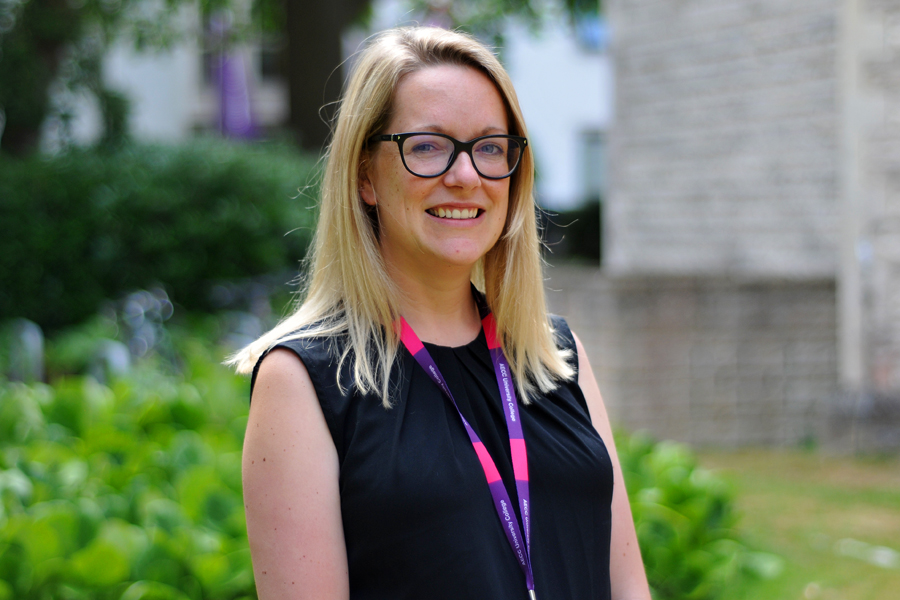
Course Leader
Dr Zöe Wimshurst
BSc MSc PhD CPsychol – Senior Lecturer in Psychology
Zöe is a Senior Lecturer in Psychology within the School of Health and Rehabilitation Sciences. She is a Chartered Psychologist specialising in visual performance in elite athletes – and area in which she has been working for over a decade.
Full bio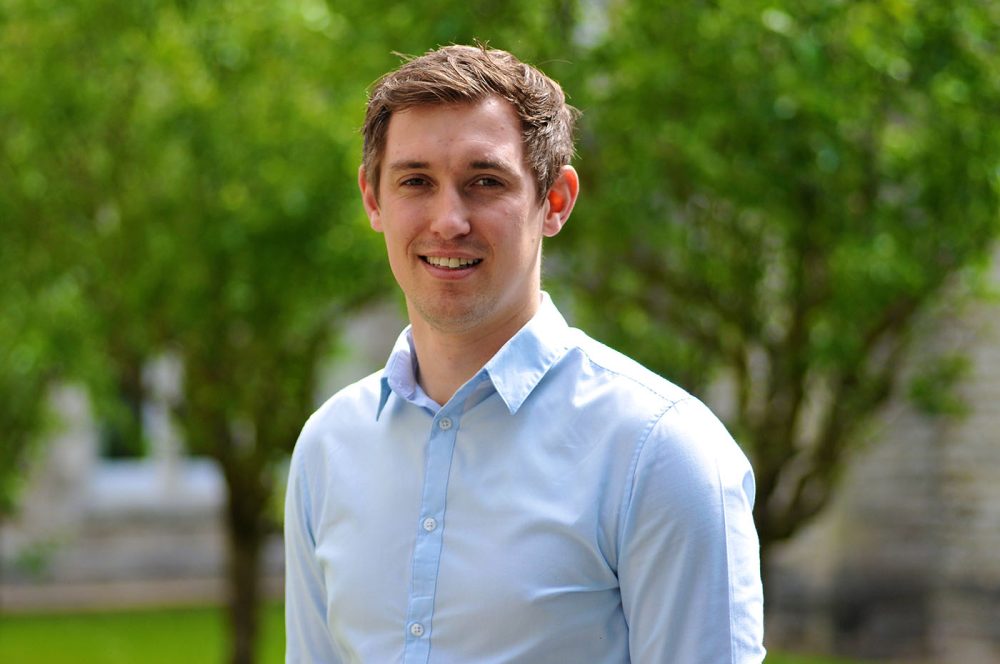
MSc, PGCert, MSc, FHEA - Senior Lecturer in Sport and Exercise Physiology - Human Performance Service Lead
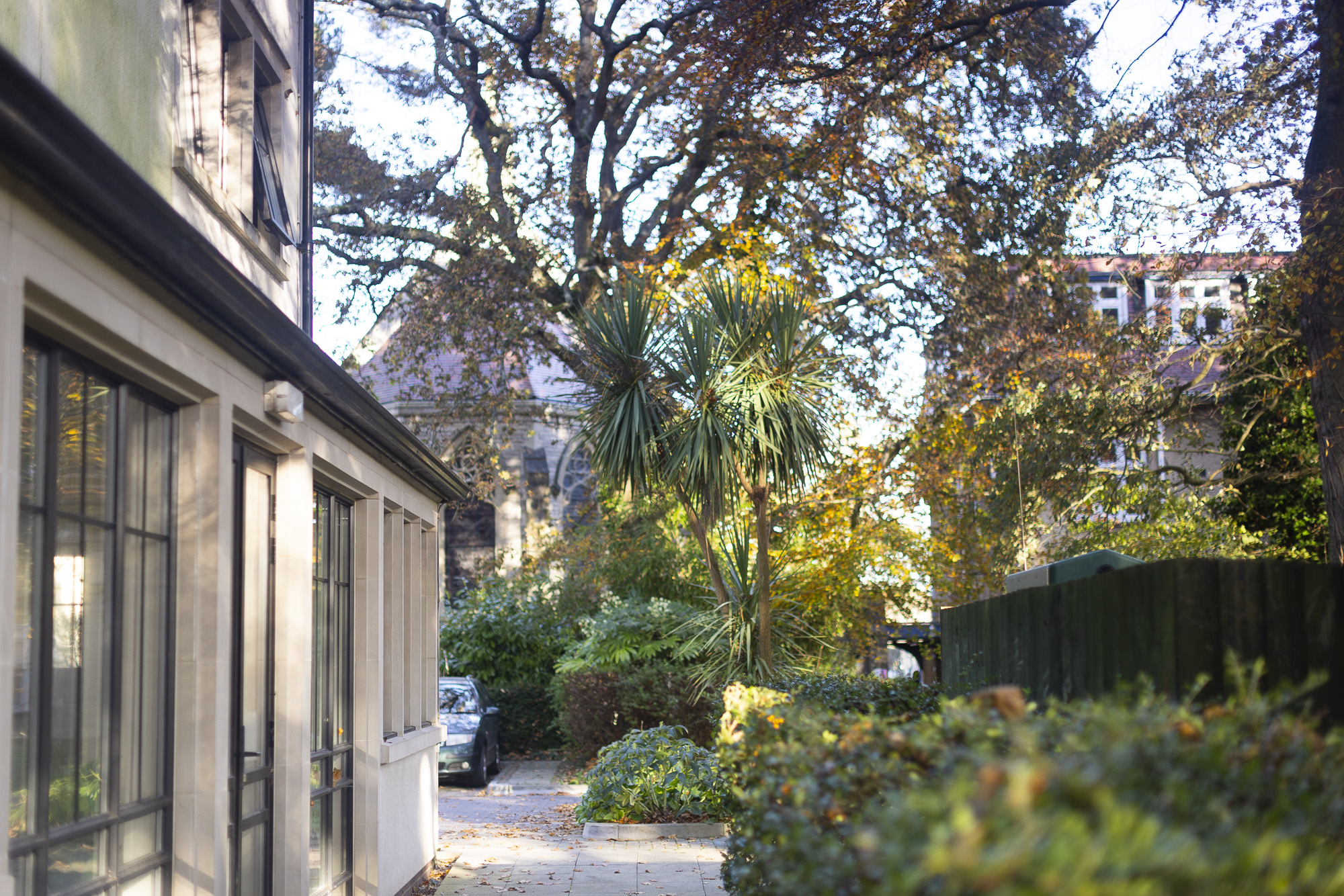
BSc, MSc - Lecturer in Sport and Exercise Biomechanics
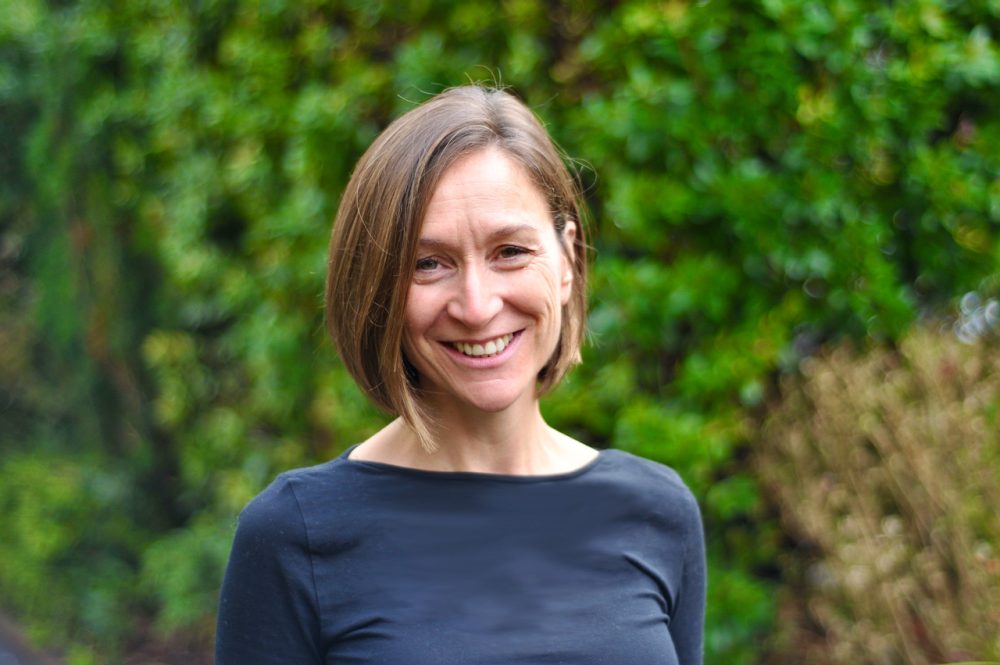
Entry Requirements
If you’re applying from the UK or Ireland 
If you’re applying from the UK or Ireland
Essential for entry
Please note that applicants must hold 5 GCSEs A*-C including Maths and English, or equivalent (reformed GCSEs grade 4 or above) to be considered for the programme.
A-levels
BBB-BCC or above to include at least one of the following: Biology/Human Biology/Physical Education. General Studies will not be considered.
BTEC Extended Diploma
Distinction Merit Merit – Merit, Merit, Merit or above in a relevant Extended Diploma for example; Applied Science/Sport.
Access to HE Diploma
A total of 120-104 UCAS points in a relevant Access to HE Diploma for example; Human Sciences.
International Baccalaureate
Overall grade of 32-28 points or higher.
Scottish Highers/Advanced Highers
BBBBBB to BBCCCC or above in 5 Higher/Advanced Higher subjects to include either Biology/Human Biology or PE.
Irish Leaving Certificate
H3,H3,H3,H3,H3 TO H3,H3,H4,H4,H4 from 5 subjects at Higher Level to include either Biology/ Human Biology or PE.
T Level
Merit in any Health and Science pathway accepted.
If you have undertaken a qualification that’s not listed, it may still be considered. Talk to Admissions by completing the form below or call us on 01202 436200 and we’ll be happy to answer any questions you have.
For more information about our admissions policies and procedures, including our Admissions Complaints and Appeals Policy, see Latest Policies.
International Students 
International Students
If your qualification is not listed here, please take a look at our international entry requirements page or get in touch with our admissions team on the form below. Please note, to be accepted onto this course; you will also need to demonstrate that you meet the minimum standards of English. For further information on English language requirements, please see the dedicated English language requirements page. More information on permission to study in the UK, can be found on our Visas and Immigration page.
Still have questions about applying?
Course Fees
Tuition Fees
UK/ROI/Channel Islands and Isle of Man students – £9,535 per year
International – £17,388 per year
Please note: These fees are for the 2025-26 academic year only and may be subject to increase in subsequent years of study. Any increase will be in line with our Tuition Fees Policy but will not be more than 5%.
Additional Course Costs
Additional costs are mandatory or optional costs which students will need to meet in order to fully participate in and complete their course. Students will need to budget for these costs separately as they are not included in the overall Tuition Fee they (or their sponsor) are charged.
For more information see Additional Costs page.
Visit our student finance pages for more information on:
Please Note: For students to be eligible for funding from Student Finance England, they must be studying on an eligible course at a provider registered with the Office for Students (OfS). Health Sciences University is registered with the OfS. You can view the register and search for our Health Sciences University.
Looking for accommodation in Bournemouth?
Our partner halls of residence in Bournemouth are managed by Lulworth Student Company and located within their Union House building, right in the heart of Bournemouth town centre.
Bookings are now open for September 2025.
Register Your Interest
Register Your Interest / Enquiry 
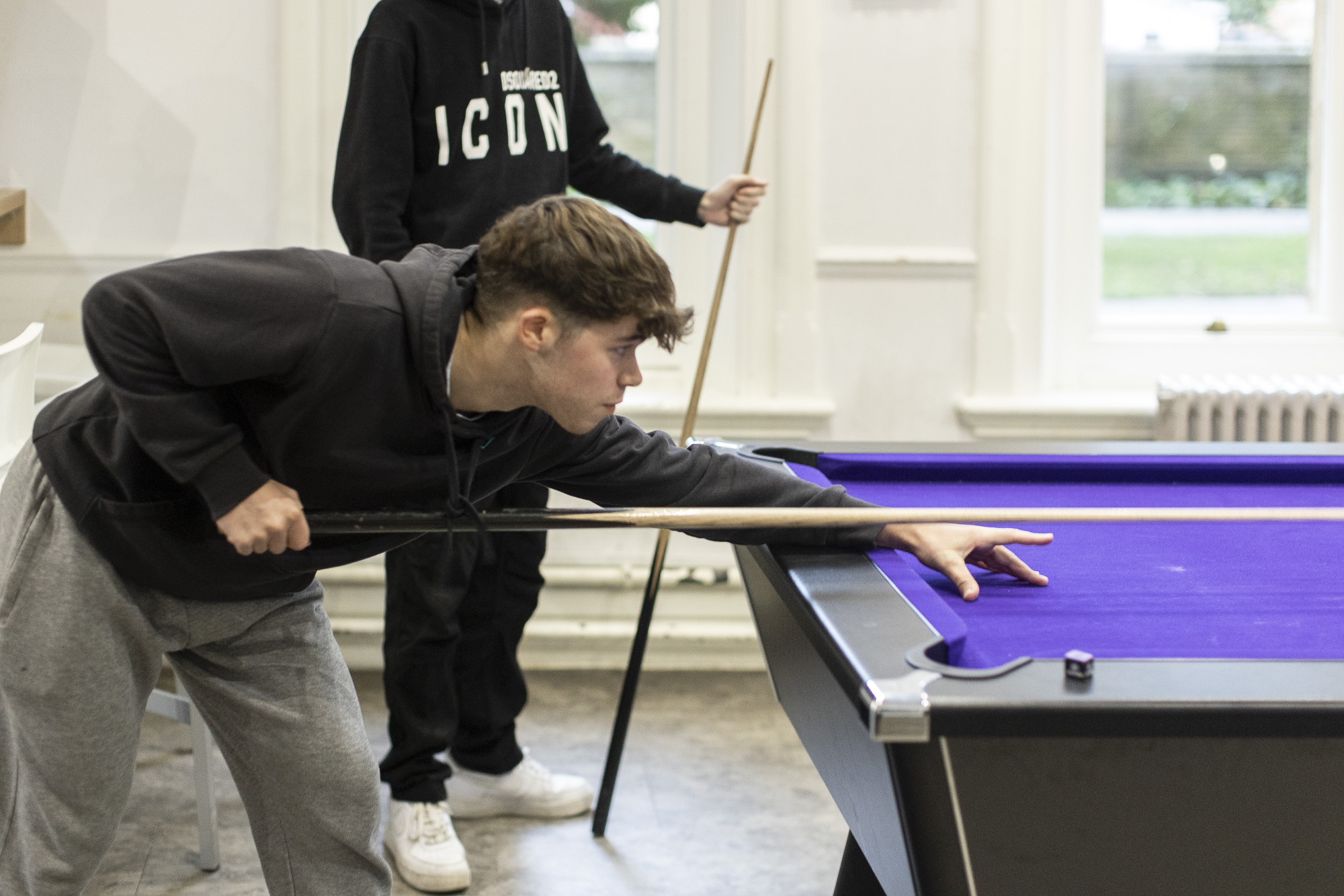
Why choose Health Sciences University?
There are many benefits to studying at Health Sciences University, from our expertise and history in teaching health sciences, to our state-of-the-art facilities, on-site clinical training and placements, and of course our location on the beautiful Bournemouth coast.
Find us
Health Sciences University
Bournemouth Campus
Parkwood Road
Bournemouth
BH5 2DF
Health Sciences University
London Campus
275 Borough High Street,
London
SE1 1JE
